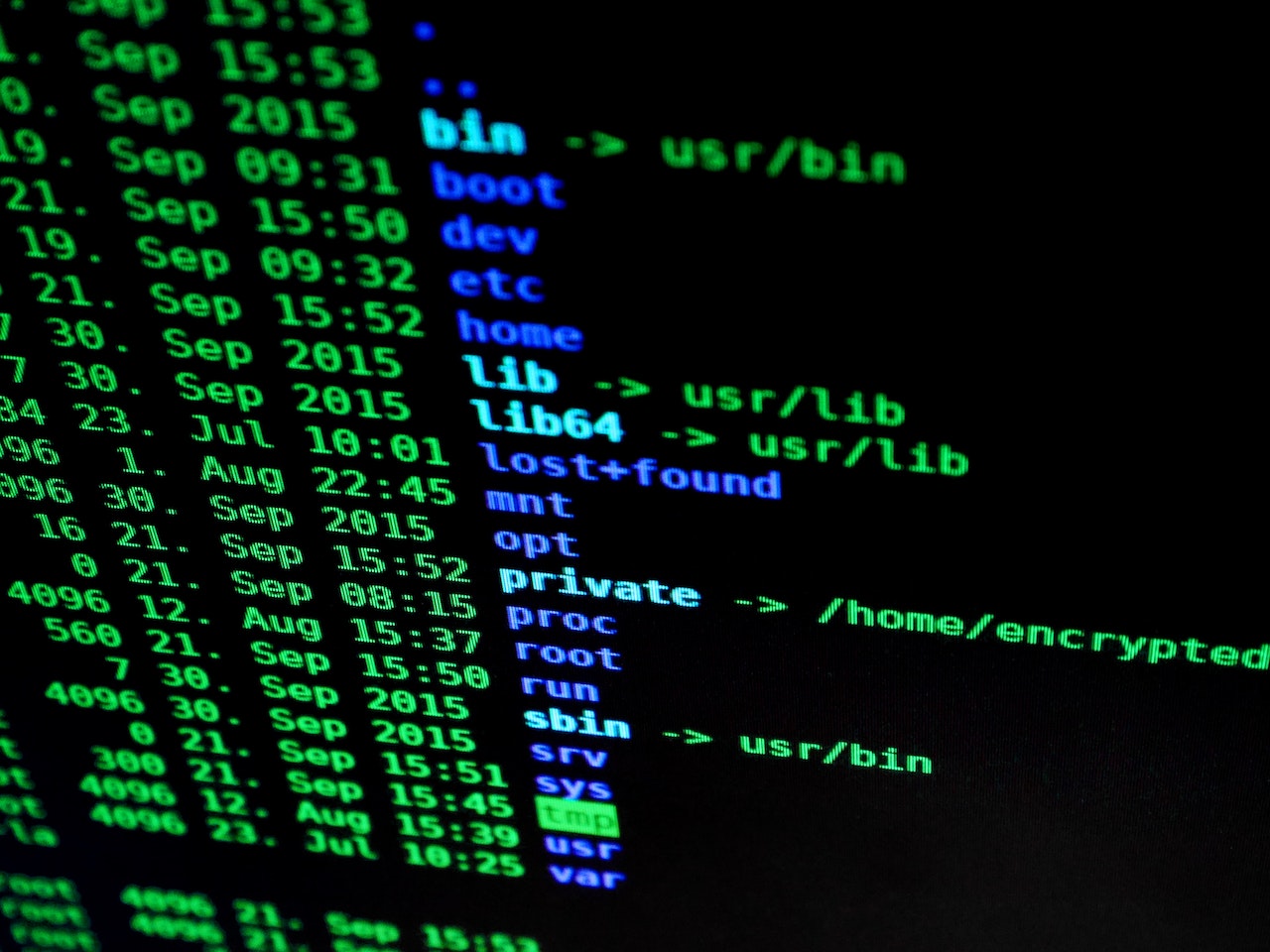In the rapidly evolving digital landscape of 2023, the security and protection of our online identities have become paramount. Among the essential elements of online security is the safeguarding of IP addresses. In this article, we will explore what is an IP address and delve into the significance of IP address security in today’s digital age.
What is an IP Address?
An IP address, short for Internet Protocol address, is a unique numerical label assigned to each device connected to a computer network. It serves two primary functions: identifying the host or network interface and providing the location of the device in the network. IP addresses can be either IPv4 (Internet Protocol version 4) or IPv6 (Internet Protocol version 6), with IPv4 being the most commonly used format.
The Significance of IP Address Security
Protection from Cyberattacks
In an era where cyber threats are pervasive, securing your IP address is crucial. Cybercriminals can exploit vulnerabilities in your IP address to launch attacks such as Distributed Denial of Service (DDoS), hacking attempts, or identity theft. By implementing robust security measures, such as firewalls and encryption protocols, you can mitigate the risk of these attacks and protect your sensitive information from falling into the wrong hands.
Preserving Online Privacy
Maintaining privacy in the digital realm has become increasingly challenging. Your IP address can reveal your approximate location, internet service provider, and browsing habits. This information can be utilized by third parties, including advertisers, data brokers, or malicious actors, to track your online activities, monitor your behavior, and potentially compromise your privacy. By prioritizing IP address security, you can maintain a greater level of anonymity and protect your online privacy.
Avoiding Geolocation Restrictions
In some cases, websites and online services may implement geolocation restrictions or region-specific content access. These restrictions are often based on IP addresses. By safeguarding your IP address, you can bypass such restrictions and access content or services that may otherwise be unavailable in your location. This is particularly beneficial for travelers, expatriates, or individuals who require access to region-specific information for work or personal purposes.
Preventing IP Spoofing and Hijacking
IP spoofing is a technique used by malicious actors to disguise their IP address, making it appear as if the traffic originates from a trusted source. This can lead to unauthorized access, data breaches, or the spreading of malware. Similarly, IP hijacking involves diverting network traffic by compromising an IP address or its associated routing protocols. By implementing security measures, such as strong passwords, multi-factor authentication, and regular monitoring, you can prevent IP spoofing and hijacking, ensuring the integrity and safety of your network communications.
Compliance with Legal and Regulatory Requirements
Depending on your jurisdiction or industry, certain legal and regulatory frameworks may require you to maintain robust IP address security measures. Non-compliance can lead to severe consequences, including legal penalties, reputational damage, and compromised customer trust. By proactively securing your IP address and implementing industry best practices, you can ensure compliance with relevant regulations and safeguard your business interests.
In the digital age of 2023, the importance of IP address security cannot be overstated. Protecting your IP address is not only crucial for preserving online privacy and mitigating cyber threats but also for ensuring compliance with legal requirements. By understanding what an IP address is and implementing appropriate security measures, you can safeguard your online identity, maintain privacy, and navigate the digital landscape with confidence. Prioritize IP address security to fortify your online presence and protect yourself from the ever-evolving threats in the digital realm.

